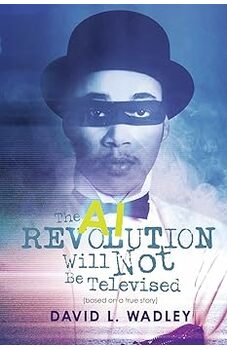Annette Bühler is a trailblazer in program and process management, with over two decades of experience shaping the industry's landscape through digital transformations, company reorganizations, and offshoring initiatives. Her expertise extends to ethical leadership, particularly in the context of technological advancements. As the Founder and Managing Director of swisswolf Consulting, she specializes in consulting, coaching and training, bringing a wealth of expertise to organizations navigating complex transformations.
Annette's unique blend of business informatics expertise, advanced studies at Harvard and Cambridge, as well as an MBA focusing on change management and leadership, positions her at the cutting edge of technology-driven business transformation. Her Federal Diploma in Business Informatics, Six Sigma Black Belt, and specializations in strategy and sustainable business underpin her holistic approach to consulting.
With a firm belief that ethics should be the cornerstone of all actions, Annette's work in leadership ethics is not just professional - it's a personal mission.
Annette brings a global perspective to her passion for digital strategy, business transformation, and sustainability. Her thought leadership and dedication to excellence make her a sought-after consultant, coach, and speaker.



























